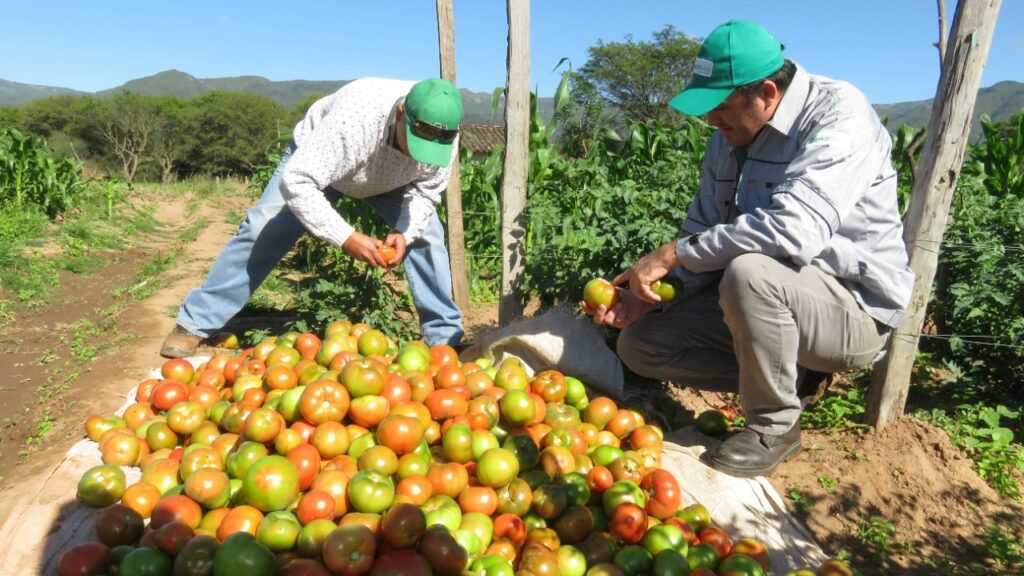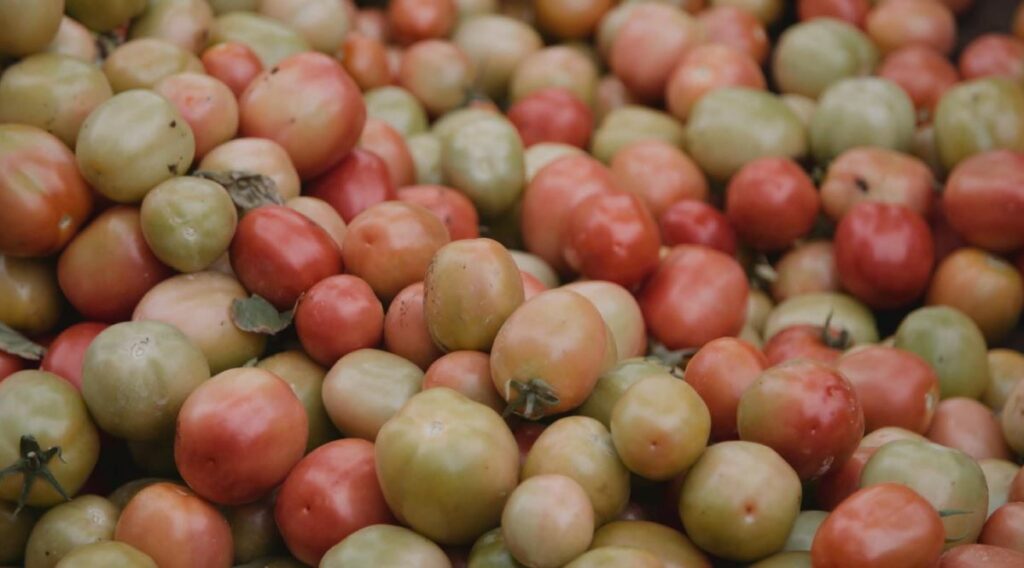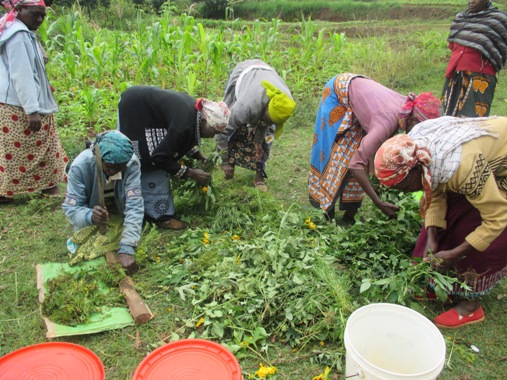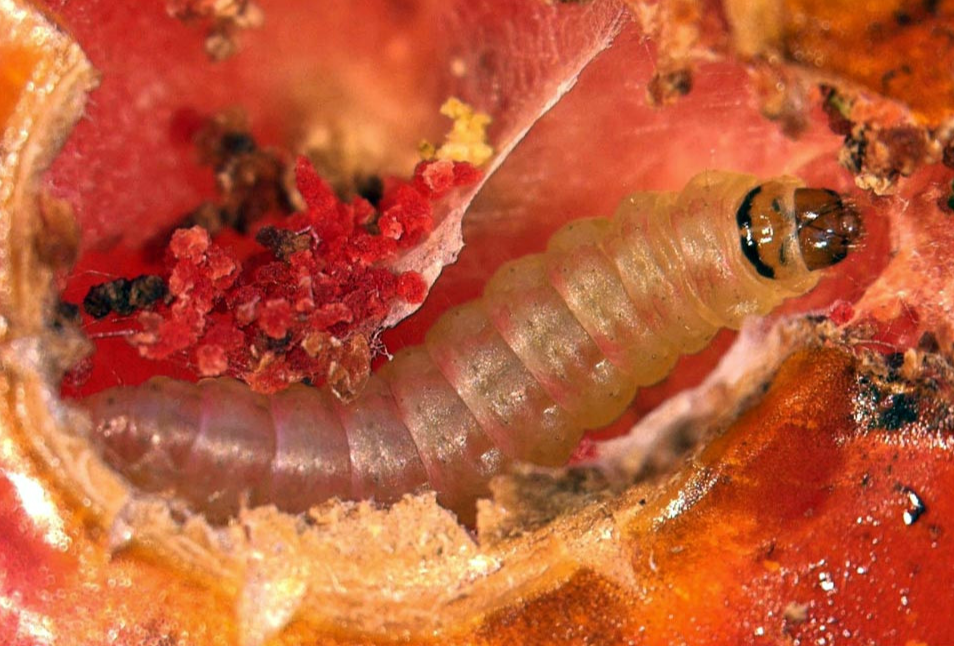Tuta absoluta in the Americas
Tackling the tomato pest, Tuta absoluta, with natural pesticide alternatives in the Americas Tuta absoluta (also known as Phthorimaea absoluta) is one of the most devastating plant-eating pests worldwide. It affects tomato plants and fresh tomatoes. And it causes high levels of crop production loss. Without stemming the spread, its effects are devastating.
Tomato pests and diseases
Tomato is a popular and extensively cultivated crop due to its high potential to generate profits for smallholder farmers. However, there are a number of tomato pests and diseases that have the potential to severely diminish yields. Here we highlight four tomato pests and diseases to look out for.
Developing ‘last mile’ extension services with Plantwise in Nepal
In Nepal, the Community Business Facilitator (CBF) plant doctor programme is a successful pilot. Linking with the private sector, it reaches those in remote rural areas – or ‘last mile’ communities – with plant protection services, substantially increasing incomes and reducing losses for smallholder farmers. The CBF plant doctors conduct clinics at their own cost…
The Umatui amazing site women group tackle Tuta absoluta
Located in semi-arid Eastern Kenya, Machakos county is home to the Umatui amazing site women group. The group comprises 15 members who mainly grow tomatoes, cowpeas, pigeon peas, and maize. It is among eight other women groups working with Katoloni Community Based Organisation (CBO), a non governmental organization under infonet biovision. The CBO runs a mobile…
Managing Tuta absoluta in Agricultural production systems
Adapted from ‘Tomato leaf miner/ American leaf miner management in Agricultural production systems (Distribution, biology, damage and integrated management)’ written by Koppert Biological Systems. The tomato leaf miner, Tuta absoluta, is a devastating pest of tomato. Originating from Latin America, T. absoluta has spread via infested fruits and packaging material to Europe, North Africa and the…
Al Jazeera visits plant clinics in Nepal
Al Jazeera correspondent Gelareh Darabi recently travelled to Nepal for the broadcaster’s Earthrise programme, to see how plant clinics in Pokhara are helping farmers deal with crop pests such as tuta absoluta. Visit the Al Jazeera website to read the related article→
South-South collaboration helps in the fight against invasive pests
Invasive species cause widespread devastation and huge economic losses to smallholder farmers across the world, especially in sub-Saharan in Africa. Invasive species not only directly undermine farmer’s ability to achieve food security, they also affect smallholder agribusiness making farmers unable to link to profitable food value chains and international agricultural trade networks.
Update: New Pest & Disease Records (07 Sep 16)
We’ve selected a few of the latest new geographic, host and species records for plant pests and diseases from CAB Abstracts. Records this fortnight include a new insect pest, Cyrtozemia dispar, on peanut in India, the presence of the entomopathogenic fungus Pandora neoaphidis in Argentina and the first record of Tuta absoluta in Tanzania.
Surveillance critical to halting deadly tomato pest
By Jackie Opara. Reblogged from SciDev.Net Effective surveillance and integrated pest management could curb the devastating impacts of tomato pest, Tuta absoluta, also called tomato leaf miner, which is ravaging the crop in Nigeria, experts say. T. absoluta has affected most parts of northern Nigeria tomato farms in Kaduna state, causing a loss of more than 1…
Factsheet of the month: August 2015 – Sprays against Tuta tomato leaf miner
In recent years, Tuta absoluta has gained a reputation for being one of the most destructive pests of tomato and can cause losses of 80-100% in the field if left unmanaged. Tanzania are feeling the effects of the yield reduction with a 375% increase in the cost of tomatoes in the past 6 months. A carton of…







